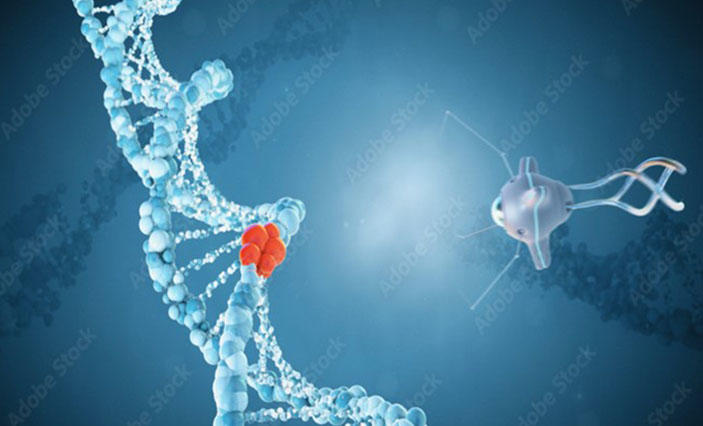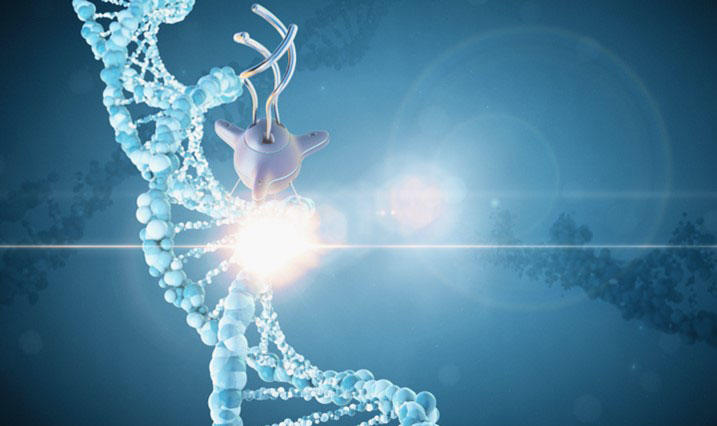Research Aims
TRaC is focussing first on two rare cancers including Glioblastoma Muliforme (a type of brain cancer), and soft-tissue sarcomas to identify cancer causing mutations and patterns in DNA repair genes.
By combining world leaders in the study of repair mechanisms with leading scientists in protein structural analysis, TRaC will unlock the potential of repair pathway targeting. The repair process has the capacity to reroute when mutations, treatment and even age shut down common pathways. TRaC will generate a better understanding of how pathway use is altered as cancer progresses, and mine this knowledge to create drugs that “push” cancer cells into faulty repair pathways that cause cell death. Tumor agnostic therapies will be possible because cancer cells have only a limited number of repair pathways from which to select.


There are two important challenges that need to be met, en route to successfully novel anti-cancer therapies targeting the DNA repair processes of a cancer cell.
- First, we require a means to translate clinical genomics insights into laboratory models that can be used to dissect repair behavior and identify the factors that regulate pathway routing.
- Second, we need new ways to structurally characterize the massive molecular systems that support this behaviour, to leverage powerful structure-based drug design capabilities.
A major innovation in TRaC’s approach to clinical research will be the consideration of a patient’s age and disease progression in the development of these mutational profiles. By offering a comprehensive examination of these contributing factors, we can develop a better understanding of the evolution of repair pathway usage across time and stage of disease.

